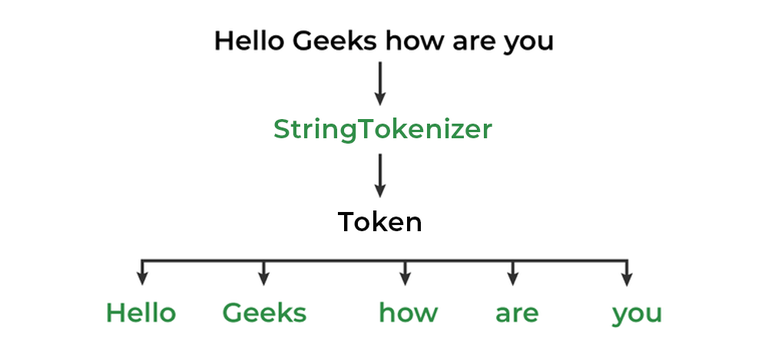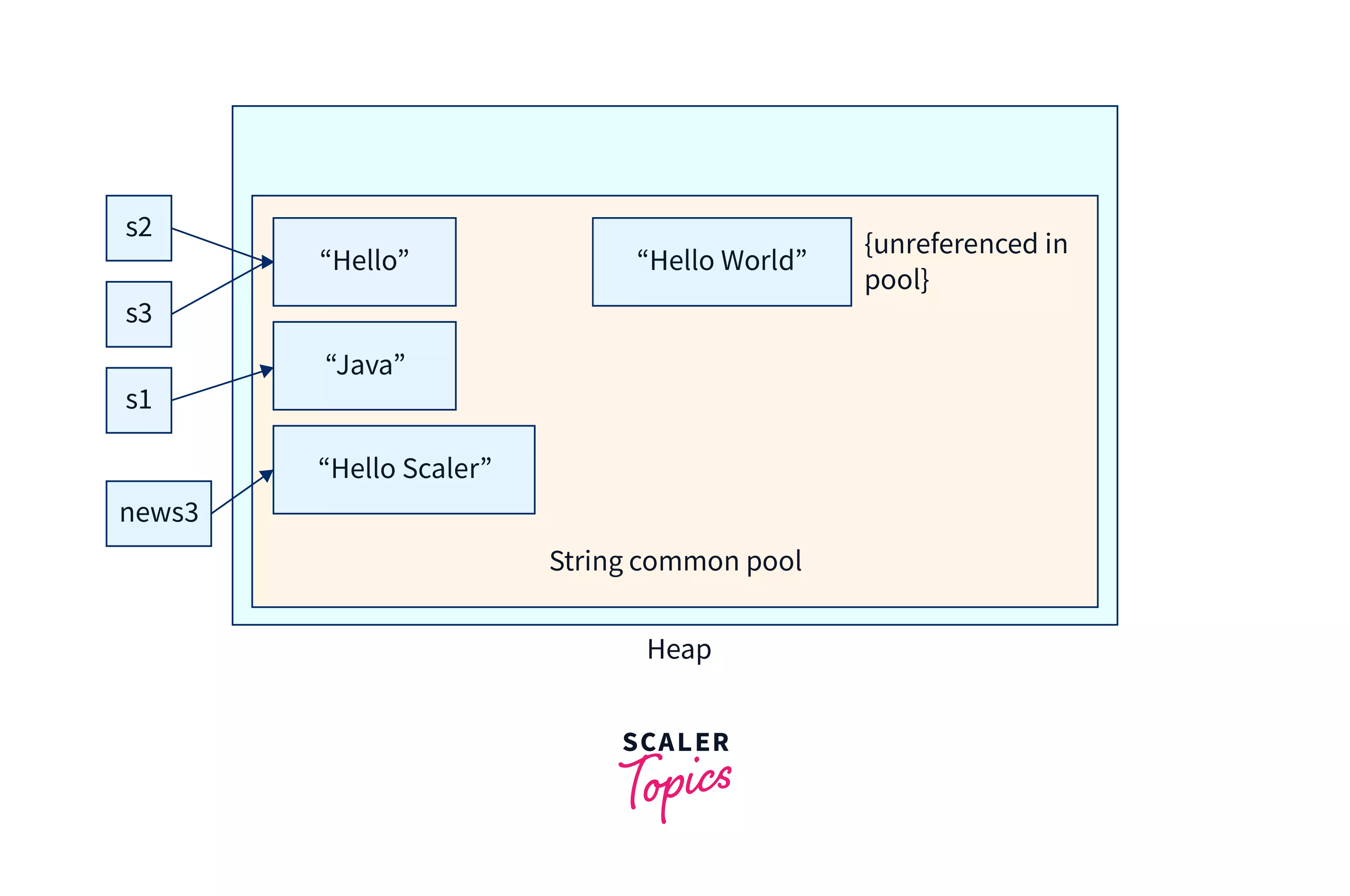What Is Immutable Strings and How It Works
In the world of programming, understanding the principle of unalterable strings is vital for producing safe and secure and durable applications. Immutable strings refer to strings that can not be changed after they are produced, guaranteeing data integrity and predictability within the code.
The Basics of Unalterable Strings
Unalterable strings, as an essential idea in programming, are character sequences that can not be transformed when they are created. This means that as soon as a string is appointed a worth, that value can not be changed. In languages like Python and Java, strings are unalterable items, bring about different implications in regards to memory monitoring and data stability.
Among the essential benefits of immutable strings is that they give a sense of security in information adjustment. Considering that the content of an immutable string can not be changed, it makes certain that the initial information remains undamaged, minimizing the risk of unintentional modifications throughout program execution (Why are strings immutable in Java?). This home also simplifies debugging processes, as developers can rely on that when a string is specified, its value will certainly not be unintentionally modified
Furthermore, unalterable strings assist in efficient memory usage. When a brand-new string is created based upon an existing one, rather than customizing the initial string, the new value is saved individually. This method improves performance by lowering memory fragmentation and simplifying memory appropriation procedures. Generally, comprehending the basics of unalterable strings is critical for grasping programs ideas and optimizing code efficiency.
Advantages of Unalterable Strings
Structure upon the security and performance benefits of immutable strings, their advantages reach improving code dependability and streamlining simultaneous shows jobs. By being immutable, strings can not be modified after production, which gets rid of the danger of unexpected changes in the information they keep. This inherent immutability ensures that when a string is created, its value remains constant throughout the program's implementation, minimizing the possibilities of bugs caused by unexpected alterations.
Additionally, unalterable strings contribute to code dependability by making it much easier to reason concerning the state of a program. Since strings can not be changed, programmers can trust that a string will certainly always hold the same value, streamlining debugging and upkeep efforts. This predictability leads to more reliable and secure codebases.

Execution in Programs Languages
Within different programming languages, the consolidation of unalterable strings is a basic aspect that impacts just how data is taken care of and controlled within code frameworks. The implementation of unalterable strings varies throughout various programming languages, with each language offering its own mechanisms to sustain this concept.

On the other hand, languages like C and C++ do not have integrated assistance for immutable strings. Programmers in these languages need to manually execute immutability by enforcing policies within their code to stop direct modifications to string things.
Best Practices for Collaborating With Unalterable Strings
When dealing with unalterable strings in shows languages like Java and Python, sticking to best methods ensures effective and safe data control. One of the essential finest techniques is to make use of StringBuilder or StringBuffer rather than straight manipulating strings, particularly when dealing with comprehensive concatenation operations. These classes supply mutable alternatives for string manipulation, aiding to avoid unnecessary memory appropriations and enhancing performance.
Furthermore, when working with sensitive data such as passwords or API keys, it important source is important to stay clear of keeping them as plain message in unalterable strings. Making use of protected storage mechanisms like char selections or specialized collections for dealing with delicate information helps reduce protection threats linked with unalterable strings.
Real-world Applications and Examples
Discovering functional executions of immutable strings in numerous industries discloses their considerable impact on data stability and system integrity. In the medical care field, unalterable strings play a vital role in ensuring the protection and privacy of individual data. By preventing unapproved modifications to delicate information such as medical records and prescriptions, immutable strings assist preserve conformity with stringent privacy laws like HIPAA.
Monetary institutions also benefit from the unalterable nature of strings to improve the safety and security of consumer data and deal records. Immutable strings assist stop fraud and unapproved modifications to economic details, providing a robust protection against cyber hazards and making sure the trust fund and confidence of clients.

Final Thought
Finest techniques for functioning with immutable strings consist of avoiding straight adjustments and making use of approaches that return brand-new string items. Real-world applications of unalterable strings consist of information encryption, caching, and string control tasks.
Unalterable strings refer to strings that can not be changed after they are developed, making certain information honesty and predictability within the code. When a brand-new string is developed based on an existing one, rather than modifying the original string, the new worth is kept independently.In languages like Java and Python, strings are unalterable by default, meaning that as soon as a string object is produced, its worth can not be changed - Why are strings immutable in Java?. Finest methods for functioning with immutable strings include staying clear of straight alterations and using techniques that Bonuses return new string objects. Real-world applications of immutable strings include information file encryption, caching, and string control tasks